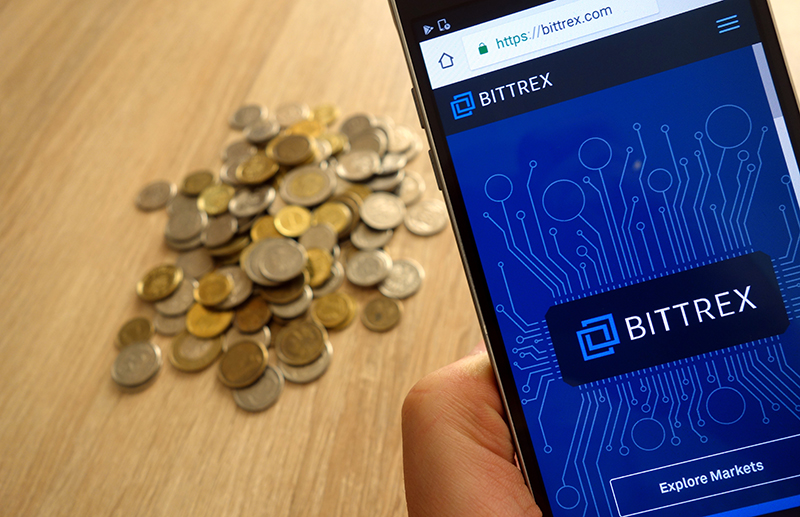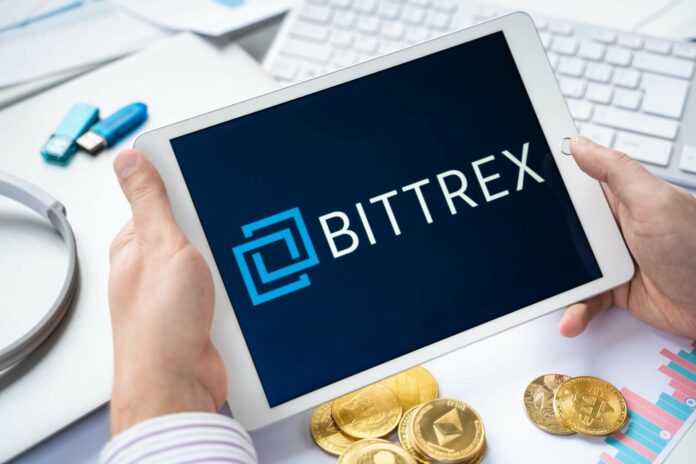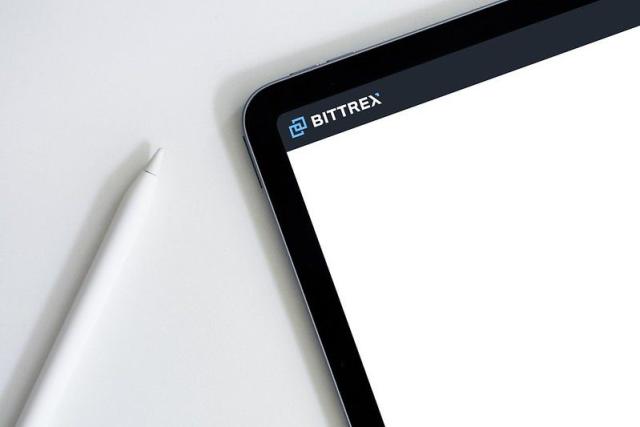Bittrex is a well-known cryptocurrency exchange that operates both in the United States and in Malta. It offers a variety of digital assets for trading, including Bitcoin, Ethereum, and other altcoins. Bittrex US and Bittrex Malta are the two divisions of the exchange that cater to customers in different regions.
Deadline for customers to claim assets on Bittrex US and Bittrex Malta
On August 31, a deadline passed for customers of Bittrex US and Bittrex Malta to claim their crypto assets. Approximately 1.6 million customers were eligible to make claims, but only a small fraction of them actually did. Out of the identified customers, only 35,972 made claims, which amounted to a total value of $143.76 million.
Number of customers who made claims and total value of claims
As mentioned earlier, only a small percentage of the eligible customers made claims. Specifically, less than 3% of the identified customers actually claimed their assets. The total value of these claims was $143.76 million. This is a significant amount, considering the low number of customers who participated.
Reasons for lack of engagement from customers
There are a few reasons why many customers did not engage with the process of claiming their assets. One major factor is the presence of low account balances and inactive accounts. In fact, 77% of the remaining customer balances were below $100, indicating that the amounts were relatively small. Additionally, many of these accounts had been inactive for over a year.
Another reason for the lack of engagement is the reluctance of customers to provide personal information. Some customers expressed concerns about divulging extensive personal information for what they considered to be small sums of money. Monitoring of social media platforms revealed that customers were hesitant to provide the required information, stating that it was not worth the effort for the amount they would receive.

Low balances and inactive accounts
The presence of low balances and inactive accounts has been a significant factor in the lack of customer engagement. Over three-quarters of the remaining customer balances were below $100, indicating that the amounts were relatively small. Additionally, most of these accounts had been inactive for more than a year, further contributing to the lack of engagement.
Customers with low balances may not see the incentive to go through the process of claiming their assets. The effort required to retrieve the funds may be perceived as too high compared to the value they would receive. This could explain why many customers with small balances chose not to engage with the claiming process.
Reluctance to provide personal information for small sums
Another factor contributing to the lack of engagement is the reluctance of customers to provide personal information. Many customers expressed concerns about the amount of personal information requested for what they considered to be relatively small sums of money. This sentiment was evident in forums such as Bittrex Twitter and Bittrex Reddit, where customers voiced their reservations about providing extensive personal information for the sake of claiming small amounts.
KYC process for making claims
To withdraw funds from the Bittrex platform, customers had to undergo a Know Your Customer (KYC) process. This process required customers to provide various personal details, including their current address, contact information, and identification documents such as a driver’s license or passport. Some customers also had to provide their social security or EIN numbers.
The KYC process involved multiple steps, including providing an email associated with the account, date of birth, and identification documents. Customers were also required to accept the updated Terms of Service. The process aimed to verify the identity of customers and ensure compliance with regulatory requirements.
Difficulties faced by customers during the withdrawal process
Some customers reported experiencing difficulties during the withdrawal process. They mentioned slow and disjointed communication with the exchange, which hindered their progress in retrieving their funds. The lack of effective communication channels made it challenging for customers to get the assistance they needed.
As a result, some customers abandoned their attempts to withdraw their funds. The frustration caused by the withdrawal process and the lack of support led them to give up on claiming their assets entirely.
Use of unclaimed customer funds
During the bankruptcy proceeding, it was discussed that the unclaimed customer funds would be used to pay other claims and substantial regulatory fines. This means that the funds left behind by customers who did not claim their assets will not be returned to the customers. Instead, the funds will be allocated to address other financial obligations and penalties.
Bittrex’s announcement of shutting down US operations and subsequent bankruptcy filing
In late March, Bittrex announced the shutdown of its US operations due to increasing regulatory pressure and a lack of clear regulatory requirements. Shortly after this announcement, the Securities and Exchange Commission (SEC) filed charges against Bittrex, its co-founder and former CEO William Shihara, and its foreign affiliate, Bittrex Global.
The SEC alleged that Bittrex had operated as an unregistered national securities exchange, broker, and clearing agency since at least 2014. The charges claimed that Bittrex had earned over $1.3 billion in revenues from transaction fees. These legal issues ultimately led Bittrex to file for bankruptcy in early May.
The bankruptcy filing in a federal court in Delaware was specific to Bittrex US and did not impact Bittrex Global, which serves customers outside the United States. Bittrex Global stated that it would continue to operate “as normal” for its international customers.
In conclusion, the lack of customer engagement in claiming their assets on Bittrex US and Bittrex Malta has led to a significant amount of funds being left behind. Reasons for this lack of engagement include low balances, inactive accounts, customer reluctance to provide personal information for small sums, and difficulties faced during the withdrawal process. Bittrex’s announcement of shutting down US operations and subsequent bankruptcy filing have further complicated the situation.
















